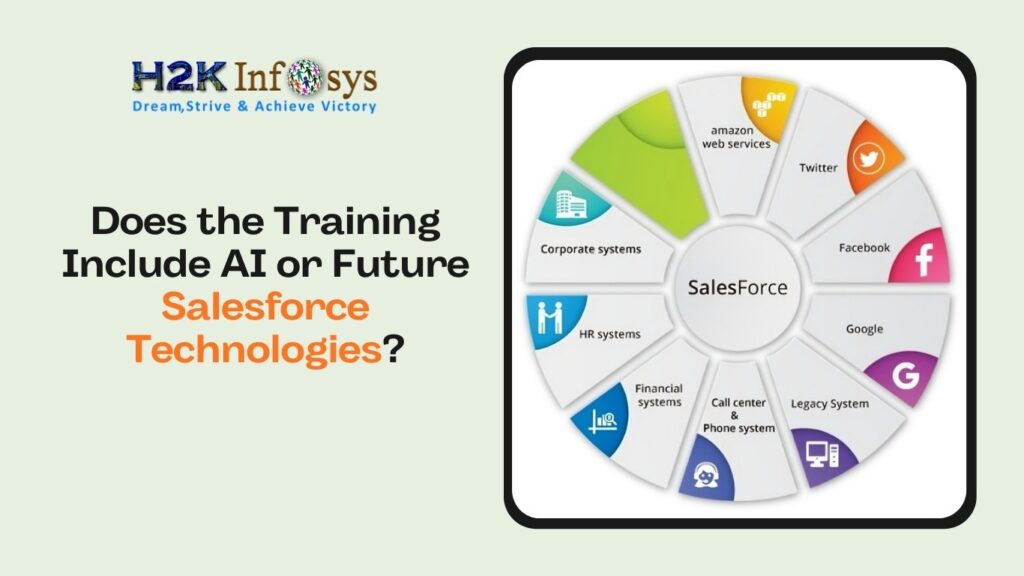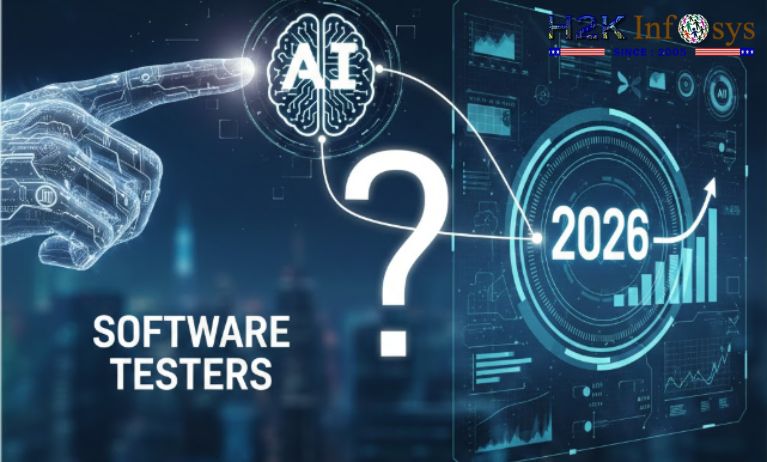Introduction
Cybersecurity is no longer a reactive discipline. It’s proactive, dynamic, and mission-critical for every organization. As we move into 2026, Cyber Security Trends reveal a dramatic shift in the way threats are launched and defended against. From artificial intelligence (AI)-driven attacks to quantum-resistant encryption, the digital battlefield is expanding and evolving fast.
Understanding these trends is essential for anyone pursuing a Cyber security course with placement or exploring Cybersecurity training and placement options. Whether you’re an aspiring professional or an experienced IT specialist, staying ahead of these developments will future-proof your skills and boost your career.
Let’s explore the Cyber Security Trends that will define the industry in 2026.
AI-Powered Threats and Predictive Defenses
Among the most disruptive Cyber Security Trends is the integration of AI on both offense and defense. Attackers now use AI to craft targeted phishing campaigns and discover system vulnerabilities faster than ever before.
In response, security teams are adopting AI-based monitoring systems capable of behavioral analysis and anomaly detection. These innovations are a core part of modern cyber security training courses, enabling professionals to harness automation and machine learning to strengthen defenses.
Zero Trust Frameworks Redefine Access Control
A key 2026 Cyber Security Trend is the widespread implementation of Zero Trust models. Traditional firewalls and perimeter-based security are no longer enough as users access networks from various locations and devices.
Zero Trust ensures that every access request is verified, authenticated, and encrypted. For learners in a cyber security course and job placement, this model is critical to understand. Training now includes hands-on labs for configuring Zero Trust networks and enforcing granular access policies.
Cloud Security Takes Priority
The shift to remote work and cloud-based infrastructure has made cloud vulnerabilities a major target. In 2026, one of the dominant Cyber Security Trends will be defending cloud environments from misconfigurations, account hijacking, and insecure APIs.
Courses that focus on cloud access security brokers (CASBs), Identity and Access Management (IAM), and end-to-end encryption give students a competitive edge. This is particularly vital for those searching for cyber security training near me with real-world cloud implementation projects.
Securing the Internet of Things (IoT) and Operational Technology (OT)
Another critical Cyber Security Trend is the expansion of the IoT attack surface. Billions of devices, from medical sensors to industrial robots, are often deployed with minimal protection.
In 2026, security professionals must master IoT and OT protocols to prevent device hijacking and system sabotage. Advanced cyber security training and placement programs now cover the configuration, monitoring, and hardening of IoT infrastructure, making this trend a major career accelerator.
Human-Centered Cyber Defense
Even in a tech-driven world, humans remain the weakest link in cybersecurity. One of the most persistent Cyber Security Trends is the exploitation of human behavior through social engineering, phishing, and insider threats.
As a result, training programs are evolving to include user behavior analytics (UBA), phishing simulation tools, and psychological profiling. Understanding how to implement these tools is essential in a modern cyber security course with placement, especially as employers prioritize social engineering resilience.
Quantum Computing: The Long-Term Disruptor
Quantum computing is one of the most complex Cyber Security Trends, poised to challenge current cryptographic standards. Though not yet mainstream, rapid advancements suggest that organizations need to prepare for quantum attacks sooner than expected.
Top-tier cyber security training courses are now introducing post-quantum cryptography concepts, helping learners prepare for a future where traditional encryption may no longer suffice.
Ransomware Evolves with RaaS Models
One of the fastest-growing Cyber Security Trends in 2026 is the commercialization of ransomware through Ransomware-as-a-Service (RaaS). Threat actors now sell their attack tools to others, dramatically lowering the entry barrier to cybercrime.
Defending against this requires knowledge of endpoint detection, response strategies, and recovery planning. Through cybersecurity training and placement, learners gain hands-on experience with sandboxing, incident forensics, and business continuity planning to counter ransomware threats.
Increased Regulatory Scrutiny and Compliance Pressure
Privacy and data regulations are tightening globally. In 2026, another major Cyber Security Trend is the enforcement of data protection laws across more regions and sectors. Non-compliance will lead to serious legal and financial penalties.
Professionals in cyber security training near me programs are now being equipped with in-depth knowledge of compliance frameworks like GDPR, HIPAA, and India’s DPDP Act. Simulated audits and compliance reporting are integral parts of modern training modules.
DevSecOps and Continuous Security Automation
As development cycles shorten, embedding security into DevOps pipelines is no longer optional. Among emerging Cyber Security Trends, DevSecOps stands out for enabling secure code from the ground up.
DevSecOps skills such as integrating static code analysis tools, automating penetration testing, and securing CI/CD pipelines are now essential. That’s why every advanced cyber security course and job placement should include security automation tools and practices.
Soaring Demand for Certified Cybersecurity Professionals
Finally, one of the most impactful Cyber Security Trends in 2026 is the global talent shortage. As threats grow more complex, employers seek candidates with verified skills, hands-on experience, and certification-backed knowledge.
Institutions like H2K Infosys offer cyber security training and placement that covers essential certifications (like CompTIA Security+, CEH, and CISSP) and prepares learners through real-time projects and job interview training. Choosing a Cyber security course with placement ensures you are not just learning theory but building your career with purpose.
Summary Table: Key Cyber Security Trends for 2026
| Trend | Training Focus | Industry Application |
| AI-Powered Security | AI, ML for anomaly detection | Predictive cybersecurity systems |
| Zero Trust Architecture | Identity & Access Control, MFA | Secure remote and hybrid workforces |
| Cloud Security | Cloud compliance, CASB tools | SaaS platforms and cloud-based services |
| IoT/OT Security | Device security protocols | Smart manufacturing, healthcare, infrastructure |
| Human-Centric Defense | UBA, phishing simulation | Employee security awareness |
| Quantum Readiness | Post-quantum encryption | Pre-quantum cryptographic systems |
| Ransomware Defense | Backup strategy, malware analysis | Critical business continuity |
| Compliance & Regulations | GDPR, CCPA, DPDP audits | Legal compliance and data privacy |
| DevSecOps Integration | CI/CD security tools | Agile and secure software delivery |
| Certification & Placement | Hands-on labs, career coaching | Fast-track hiring in cybersecurity |
Key Takeaways
- Cyber Security Trends in 2026 reveal rapid shifts in technology, threats, and training.
- AI, Zero Trust, and Cloud Security are transforming how cyber defenses are built.
- Ransomware, IoT security, and human behavior remain critical weak points to address.
- Emerging technologies like quantum computing will impact future encryption standards.
- Employers value cyber security training courses with practical, job-ready experience.
Conclusion
Staying ahead of the top Cyber Security Trends is not just important it’s essential for survival in the digital age. The world needs skilled defenders who can handle modern threats with confidence and precision.
Join H2K Infosys’ Cybersecurity training and placement program to gain hands-on skills, real-world experience, and job readiness that sets you apart in 2026 and beyond. Your cybersecurity career starts here.




























